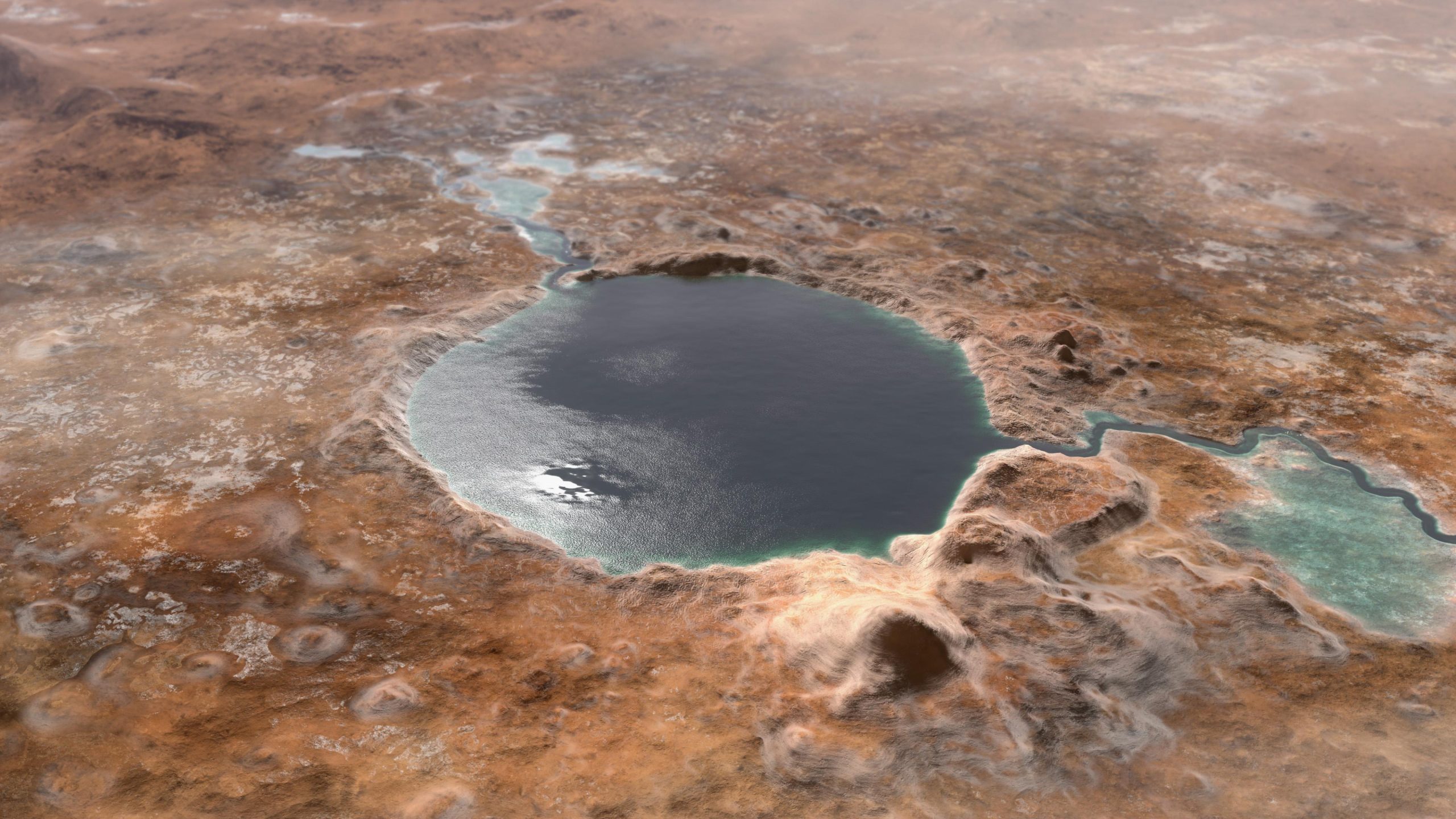
NASA’s Perseverance rover has provided conclusive evidence of ancient lake sediments in Mars’ Jezero Crater, affirming the hypothesis that certain regions of Mars were once submerged in water. The confirmation comes from ground-penetrating radar observations conducted by the rover, complementing earlier orbital imagery and data indicating Mars’ watery past.
Published in the journal Science Advances and led by teams from the University of California at Los Angeles (UCLA) and the University of Oslo, the study utilized Perseverance’s subsurface scans, taken over several months in 2022.
Traversing the Martian surface, Perseverance’s scans covered the crater floor and adjacent areas with sedimentary-like features resembling Earth’s river deltas. The findings support the idea that Mars may have hosted water-filled environments conducive to sustaining microbial life. The rover’s RIMFAX radar instrument conducted soundings, allowing scientists to analyze rock layers up to 65 feet deep, offering a cross-sectional view comparable to examining a road cut.
This discovery contributes to our understanding of Mars’ geological history and the potential habitability of ancient environments on the Red Planet. The confirmation of ancient lake sediments adds a crucial layer to the broader scientific narrative of Mars as a potentially habitable planet in its past.
Perseverance, a key player in advancing scientific knowledge about Mars, continues to build on previous missions and discoveries, emphasizing the significance of robotic exploration in unraveling the mysteries of other planets and expanding our understanding of the solar system.
Also, see:
Google’s Photo Stacks Feature Now Available for Android Users